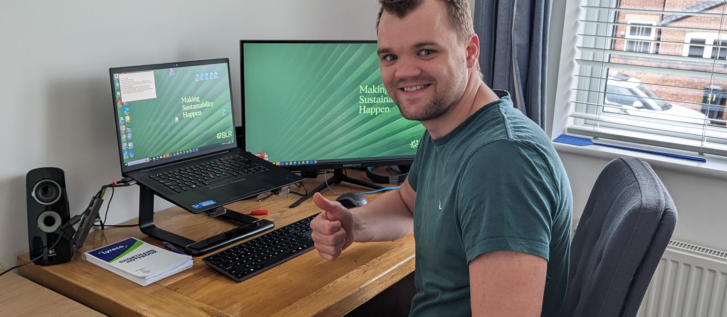
The importance of male allyship
It’s rewarding to win awards and recognition for promoting greater diversity, but they...read more
The coronavirus outbreak threatens to disrupt the economy, everyday life and workplace culture. Employers need to figure out how they’ll implement flexible working if they have to.

Coronavirus is dominating the headlines and bringing disruption. A lot of employers are suddenly having to get to grips with the practicalities, legalities and niceties of flexible working.
Already we’re seeing more people working from home, either by choice or because their bosses insist on it.
In China, where the coronavirus started, they’ve had to radically re-think working culture and quickly. Even workplaces previously regarded as unsuitable for flexible working have taken it up. For example schools in Hong Kong have started teaching remotely.
If you’re an employer attracted by the evidence in favour of flexibility but put off by the practicalities you may be forced to take the plunge. So getting it right is important.
A recent podcast by Jane Sparrow and Chris Preston from the Culture Builders, who work with organisations in China and Hong Kong, many of whom are having to implement remote working for the first time, even if only temporarily, focuses on how employers can make it work for them.
They highlight that it can be difficult if people are used to being with work colleagues every day and especially if they have family members at home, for instance, if schools are closed due to the coronavirus. Sparrow says the latter can create an additional emotional stress.
The Culture Builders suggest four main ways to make remote working effective:
Sparrow talks about the need to use temporary remote working effectively. “Use this period as well as you can,” she says. “Think about how you can learn and grow from it. Get stuff done that you always wanted to do, but didn’t have time for.”
Preston adds that imposed remote working due to the coronavirus can help employers to understand better the pressures on people who regularly work from home. Sparrow adds that, while some people thrive through working from home, others find it a challenge and says it can be stressful if people are not used to it.
*The Culture Builders are offering a free webinar on 13th March at 9am GMT where they will share tips and tools that will help remote workers and their teams stay connected whilst working virtually. You can sign up here – Making Remote Working Work. Their podcast on the topic is available here – The Challenge of Remote Working.

Ian Black from Coventry Building Society talks to workingdads.co.uk about his Male Agent of Change award at the recent everywoman in Technology... read more

MP Chris Elmore writes about his Private Members' Bill which seeks to address a legal ‘loophole’ for parents whose partners die in pregnancy or... read more

Finding cover for the school holidays if you can't take the time off can be tricky. We have some suggestions for what might help. read more

The STEM Returners programme exists to help people get back to work after a break or change course, including dads. read more